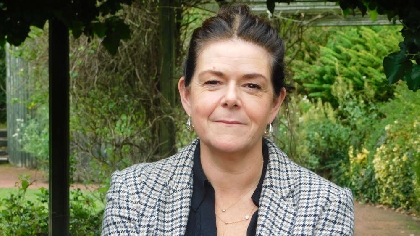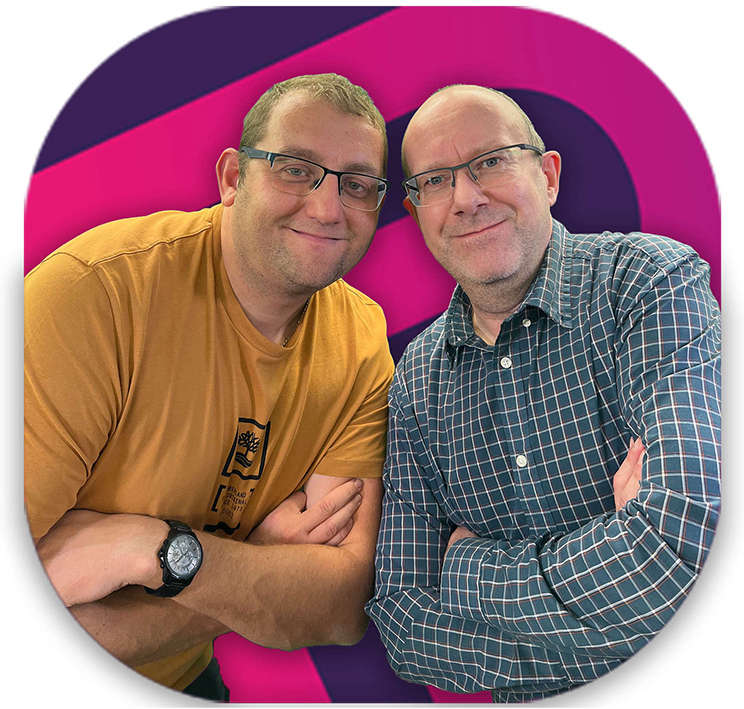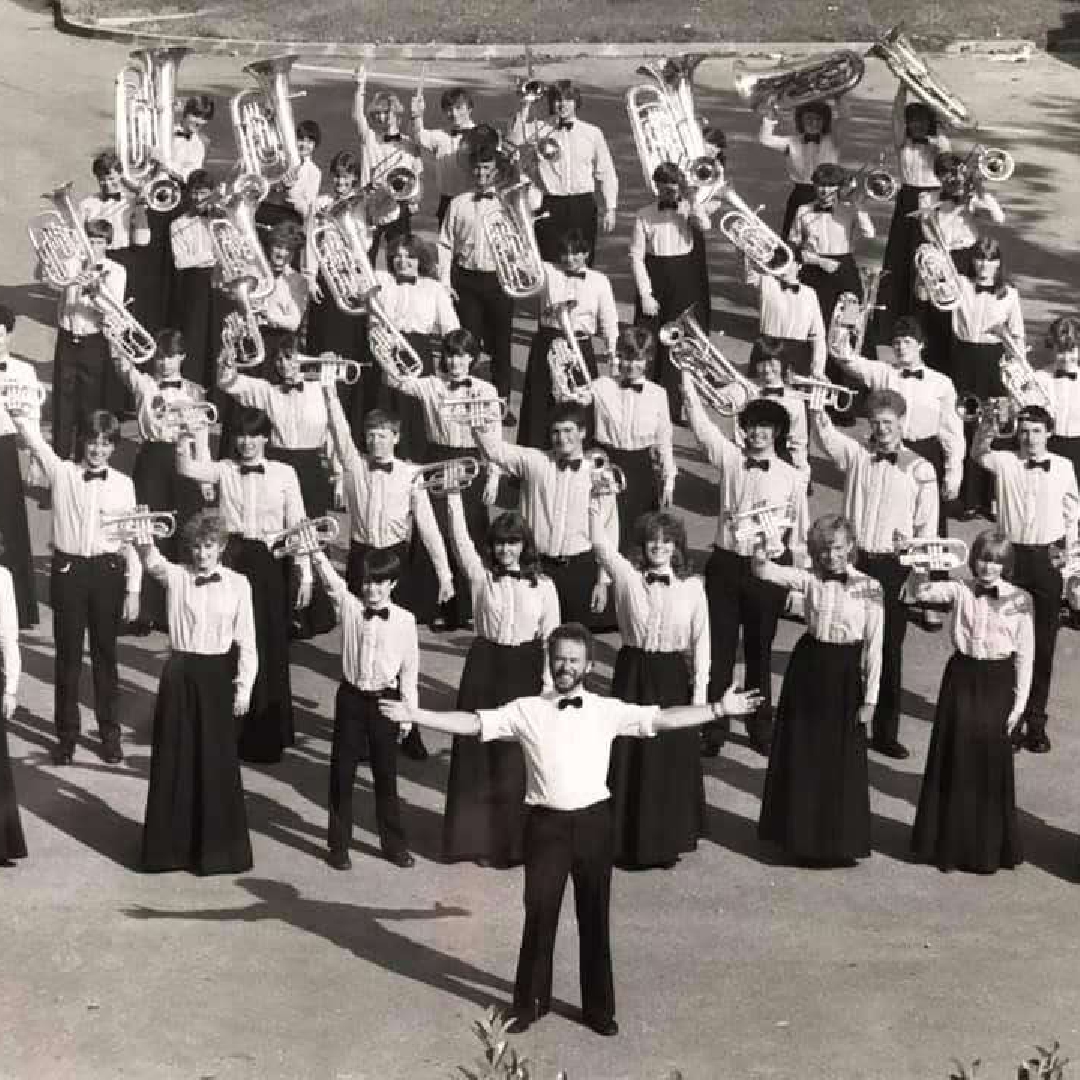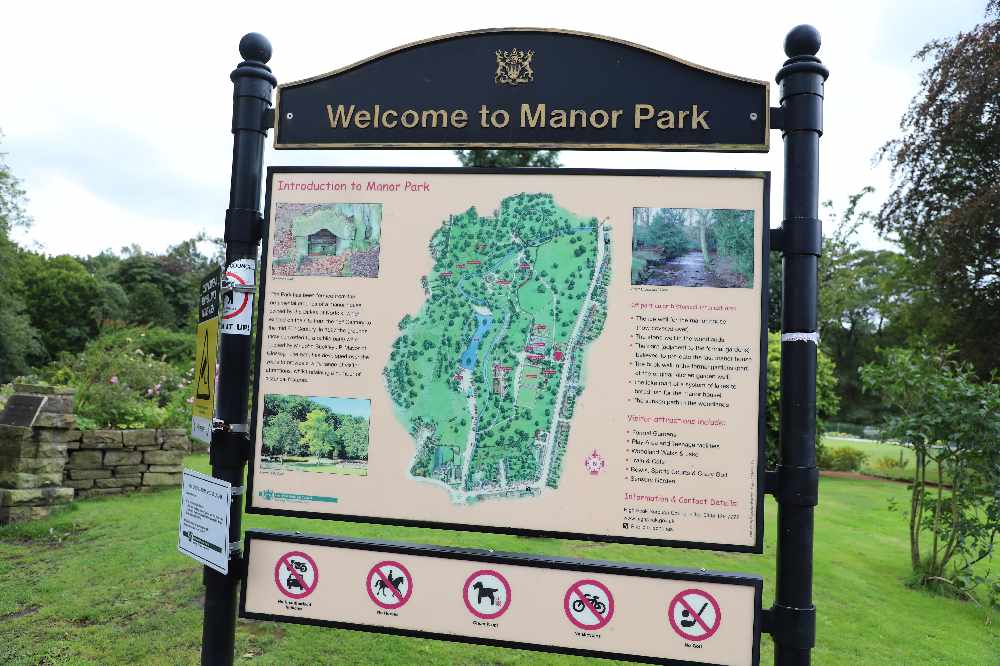
Austerity and the Covid-19 pandemic have taken NHS waiting times back decades, says a Derbyshire health leader who is stepping down after 34 years.
Tracy Allen, aged 56, is stepping down as chief executive of the Derbyshire Community Health Services NHS Foundation Trust, a post she had held since its launch in 2011, and started work in the NHS in 1990.
Ms Allen, born in the Bahamas, moving to the UK aged seven and living in Chesterfield, spoke to the Local Democracy Reporting Service about her time in the NHS, which includes the very formation of the trust she has guided for more than a decade.
This includes her experience as a nationally-acclaimed female leader in an industry that although dominated by a majority-female workforce has been historically largely male-led.
Ms Allen notes that the current position the NHS is experiencing with wait times is much like the lengths of time patients waited for care when she started in the NHS.
She said: “It has gone in quite a cycle. When I first came into the NHS, people were waiting two years for surgery and we took quality for granted.
“We just trusted the doctors to do the right thing. We didn’t measure quality really. The waiting times were horrific.
“When the Labour Government got in 1997 I was part of a group who were taken away to talk to Government advisers about how we were going to get from an 18-month wait time to an 18-week wait time and I remember thinking ‘there is just no way’, but we did it.
“And then we have had eight-to-10 more years where people have still had a long time to wait if you’re in pain, but people got used to it, but then we had austerity and Covid and now we are back up to people waiting a year, over a year-and-a-half, although we have got rid of most of them now, some waiting two years.
“I saw that incredible transformation of planned care and people having a guarantee that people were going to be seen in a reasonable amount of time and then we have just seen all of that slip away.
“The NHS has shown it can transform itself and now we have slipped back and lost a lot of that.”
Ms Allen said that after working in community health services for the amount of time she has that the NHS is still “incredibly focused on hospitals”, which she feels out to change
She said: “The whole time I have been working in Derbyshire I have been a champion of community services and general practice and primary care and social services and I think everybody now gets the fact that we have got to shift investment into the community to support people to stay well and healthy and get their independence back.
“Each Government has said this is going to be the year we shift resources but each year it is not the year. Even now we are talking about decompressing the hospitals, the hospitals are full.
“The hospital is full because community and primary care is full, because social care is full.
“The solution to the hospital being full is outside the hospital. You and I don’t want to be sitting in an ambulance for 12 hours but somehow the answer is resourcing primary care, social care and social care to support people at home so they don’t need to go to hospital as often.
“That is a real frustration for me that we have talked about that for the last 10 years and you look at where the resources have gone in the NHS, where the staff has gone and the investment has gone and it is into the acute hospitals and that is going to have to change if the NHS will continue to be the great thing that is.”
On NHS leadership styles, she said: “I have always believed that when you lead you manage people. If you manage people and support people to do their job and enjoy being in work and being supported then the targets and the quality will take care of itself.
“During a lot of my management career the job of people like me was to manage targets and manage performance and it is nice to see that the rest of the NHS has got with the programme.
“The way to deliver sustainable, really high quality services is to focus on culture and people and not focusing on numbers and targets, so that is a change for the better.
Ms Allen, a mother of two to Dominic and Barney (aged 27 and 29), and wife to Clive, who are all teachers, said her family has always been invested in public service.
She said the NHS is an ideal place for people to learn management skills which they can replicate elsewhere.
Ms Allen says she has always had other female leaders around her throughout her career but says it is right that there are now more women NHS leaders.
During her time working at the Sherwood Forest Hospital Trust, when she was responsible for capital and estates, she said she walked into the boardroom “and it was all men”.
She said: “You could sort of see them thinking ‘ey up, we’re going to have some fun here. What the hell does she know about anything? But I quite like that sort of challenge and I got them all aligned and I think they would say that I was a good leader.”
Ms Allen says that six or seven years ago, at a digital lead meeting with other regional leads, she walked into a further room of all men.
She says: “I have grown the confidence to just be me. I am definitely a woman, I am definitely a mum and I am definitely a wife and I am not going to hide that or change it and I think you get the most out of people by being yourself and having confidence in who you are.
“There are some pockets of the NHS that sometimes in my career I have stood out as a woman and particularly as a young woman with a lot of older men, but I have taken that challenge on.
“I didn’t apply for a chief executive role for quite a long time because I looked at these people, and a lot of them were men, and they were super confident and they looked like they had an opinion about everything and they were always right, and I was like ‘well I don’t know what I think about a lot of things and I am not always right, I can’t possibly be one of them’.
“I have always tried to show that being a senior leader in the NHS is not about knowing everything, because you don’t.”
She says the NHS needs more leaders with a different perspective including age, gender, race, clinical and non-clinical education, disability, sexual orientation and class background.
Ms Allen now intends to take a break from the NHS and is considering voluntary work, while her replacement as interim chief executive at DCHS will be Jim Austin, current chief information and transformation officer.


 Award-winning band strikes up a fitting tribute
Award-winning band strikes up a fitting tribute
 Think! Fatal 4 Offences
Think! Fatal 4 Offences
 Free football to counteract anti-social behaviour
Free football to counteract anti-social behaviour
 Don’t Be Puzzled by Dogs Wearing Muzzles
Don’t Be Puzzled by Dogs Wearing Muzzles

